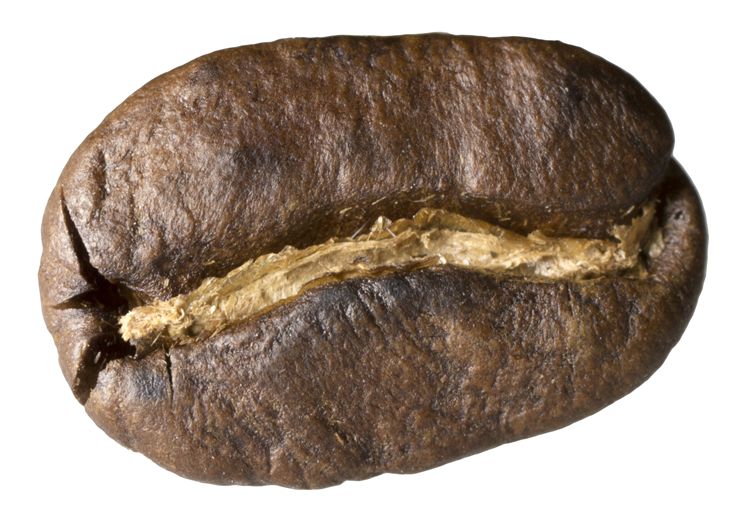Coffee and Caffeine - Health Effects of Caffeine
Caffeine is a bitter, white crystalline xanthine alkaloid. It is also a stimulant drug. It can be found in nature in seeds, leaves, and fruit of some plants. Caffeine’s purpose there is to act as a natural pesticide as well as to attract pollinators. In human food it can be found in coffee, tea and some other drinks. When consumed, caffeine has different effects on human body, both positive and negative.
When consumed for longer time it lowers risk of cardiovascular disease and diabetes. Some studies suggest that caffeine minimizes the problem of cognitive decline that happens with aging and reduces the risk of Alzheimer's disease. Caffeine increases levels of neurotransmitters such as norepinephrine, acetylcholine, dopamine, serotonin, epinephrine and glutamate. Person that absorbed low doses of caffeine show increased alertness and decreased fatigue. There are indications that caffeine may reduce the risk of developing cancer and slow the development of cancer. It reduces the risk of Parkinson's disease, and can be used as a treatment for motor symptoms of the Parkinson’s disease. It lowers the risk of developing type 2 diabetes and can be used as antioxidant against some free radicals inside the body. When used in coffee with some pain killers it can increase their effectiveness especially in patients that have migraine and if taken with headache medications.
AS for negative effects, caffeine can increase blood pressure of consumers that don’t have habit of drinking coffee often. It can cause shaky hands and, with that, reduce control of fine motor movements. Sleep disruption can be a symptom of consuming of caffeine, especially if the caffeine is consumed during the evening hours, but these symptoms don’t appear with all consumers and the effect of caffeine on sleep is highly variable. High doses of caffeine, some 300 mg or higher, can cause anxiety. They can also increase the likelihood of experiencing auditory hallucinations. Elderly postmenopausal women can experience accelerates bone loss at the spine if the consume high amounts of caffeine.
Lethal dose of caffeine is 80 to 100 cups of coffee for an average adult. Although it would be difficult to reach lethal dose with regular coffee, it is easier to reach high doses with caffeine pills, and to persons whose ability to metabolize caffeine is impaired.
Short-term effects of caffeine are multifold. It increases cardiac arrhythmia by increasing stress hormone. Caffeine can also lead to indigestion because when it stimulates the secretion of stress hormones they redirect blood supply from the digestive system to muscles. It causes increased urination as well as enhances the endurance performance during long term exercise. In moderate doses caffeine may reduce symptoms of depression and lower suicide risk.
Long-term effects of caffeine are that it lowers risk of type 2 diabetes, it have negative effects on diabetes patients because the caffeine in regular coffee can reduce insulin sensitivity. The risk of developing of the Parkinson's disease decreases with increasing levels of caffeine intake because caffeine binds to the adenosine receptor and protects them from neurotoxin that destroys them.




